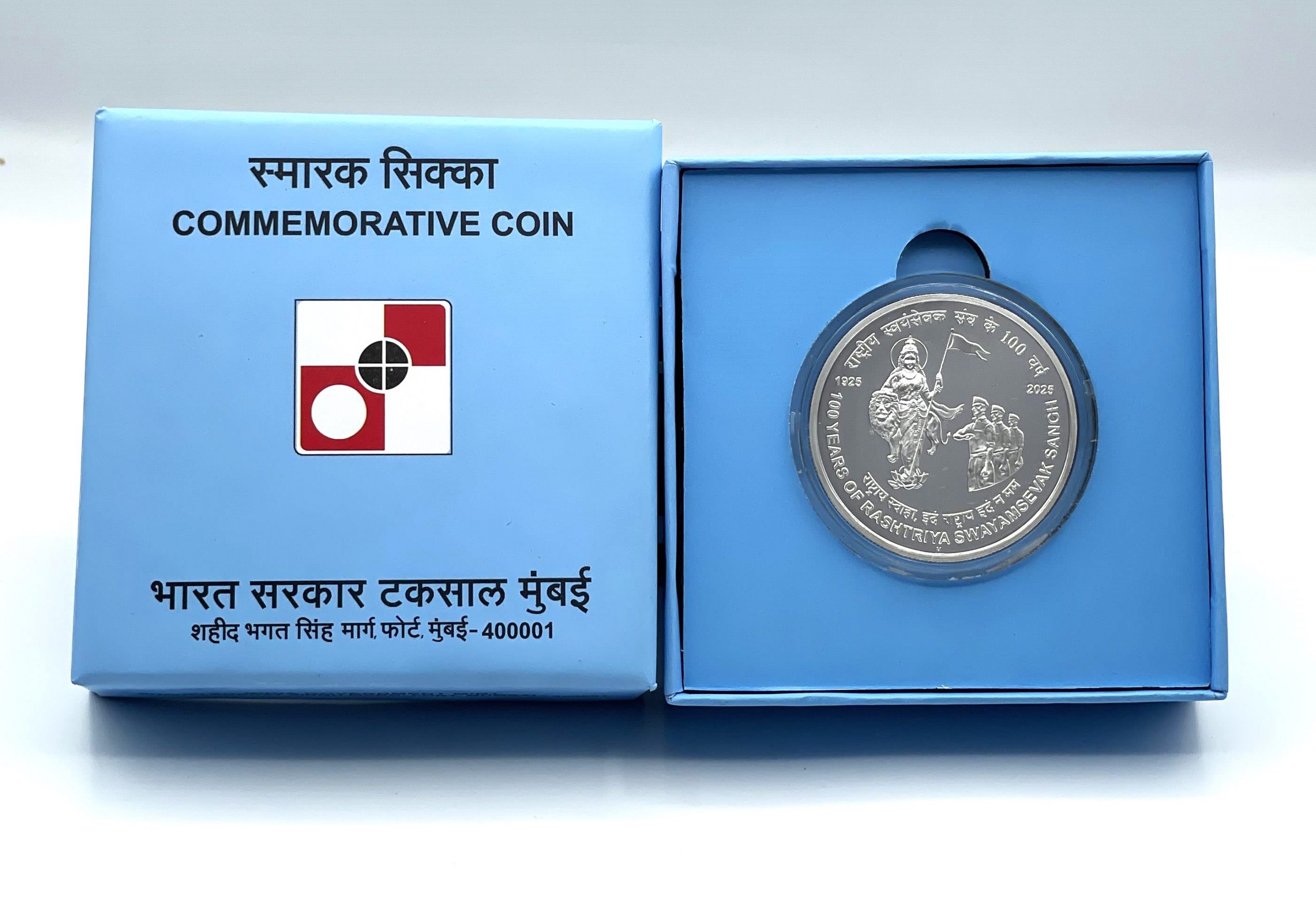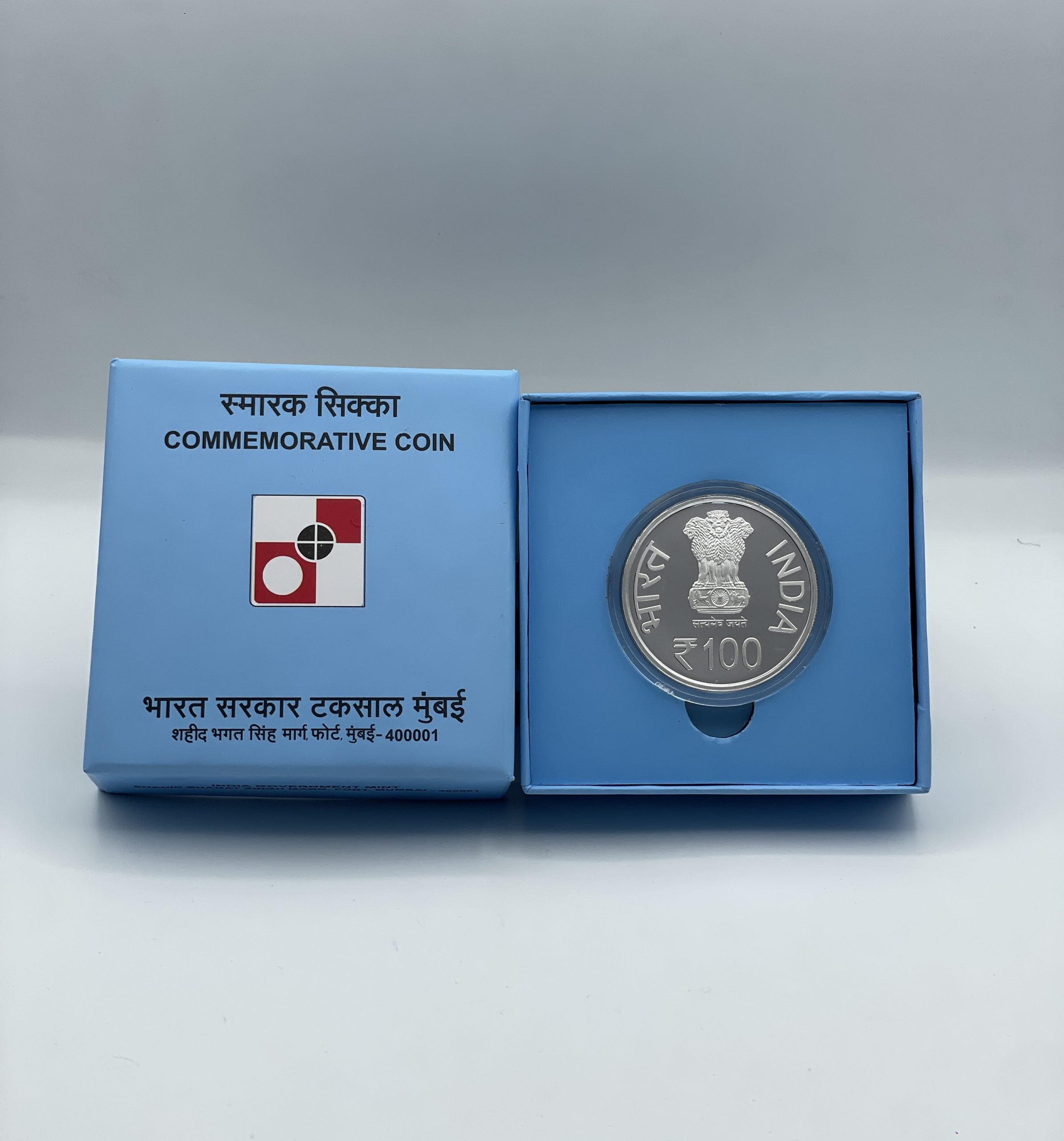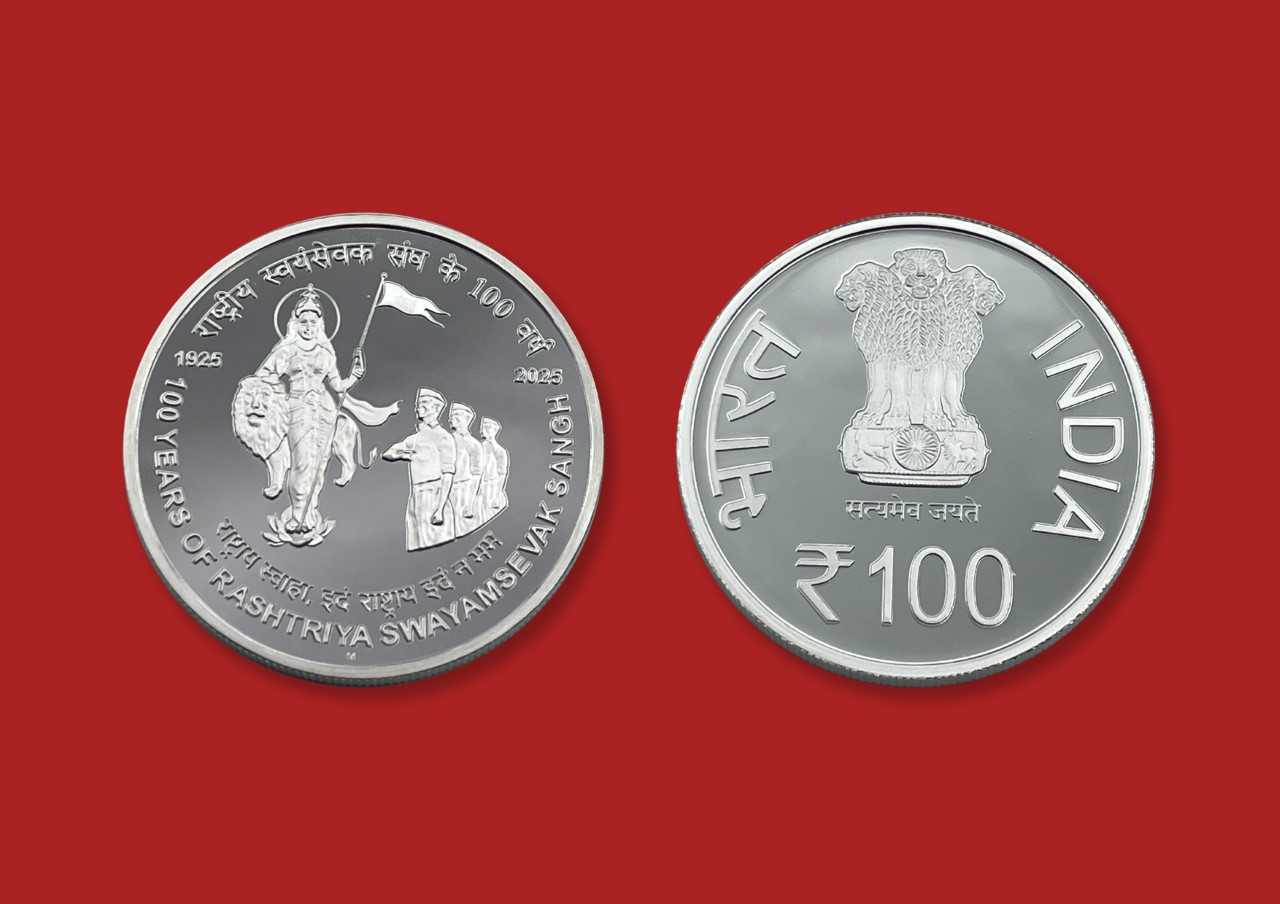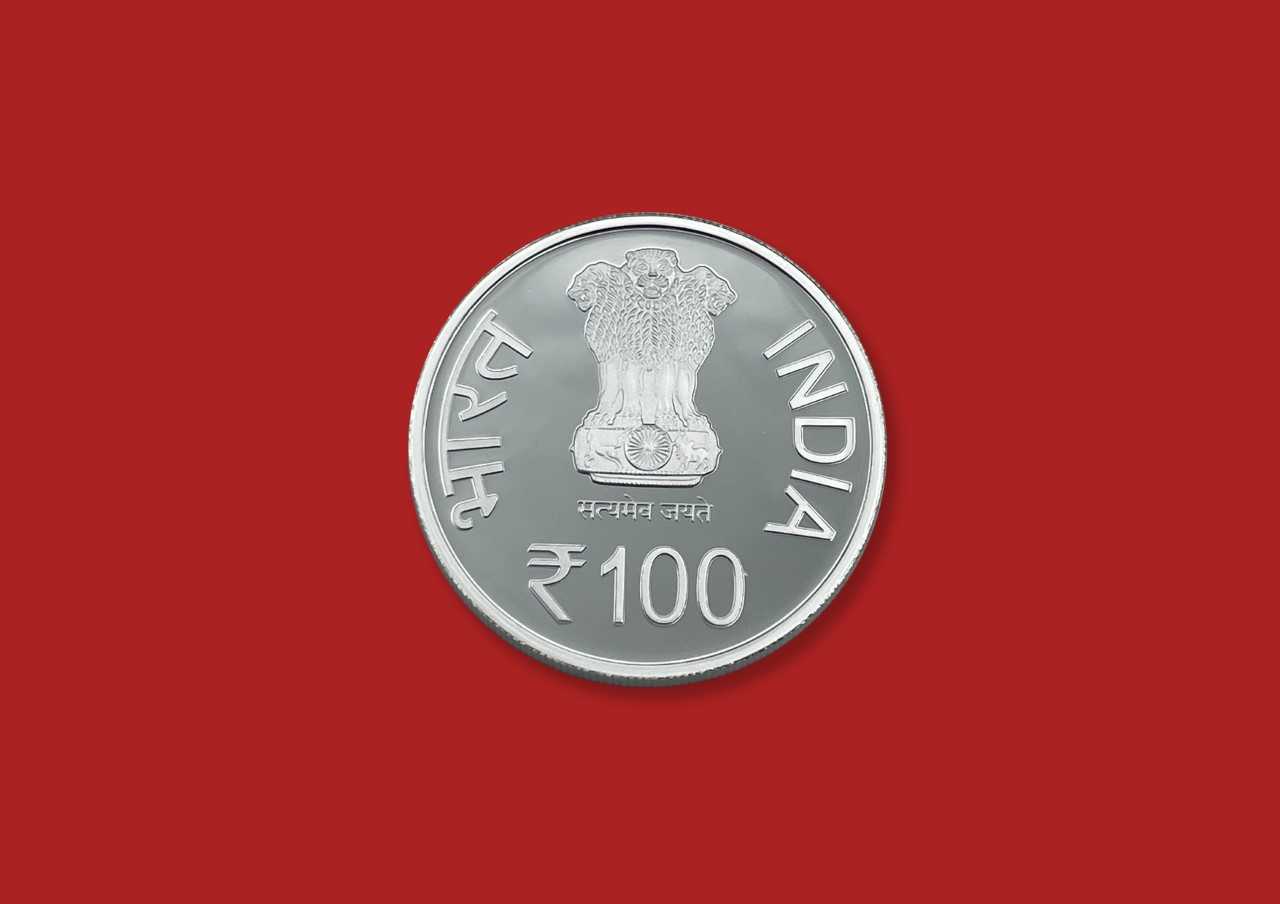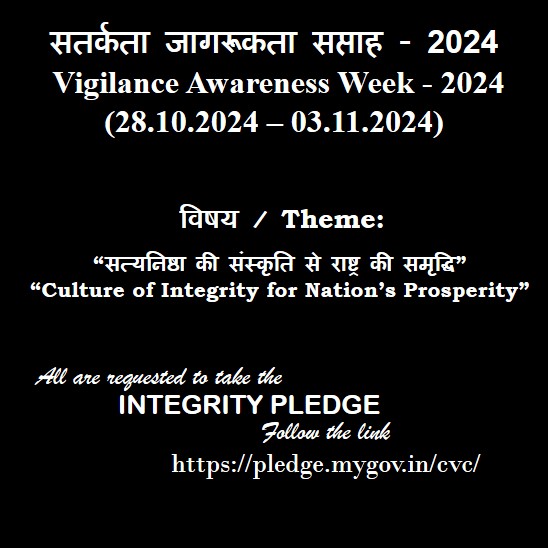100 YEARS OF RASHTRIYA SWAYAMSEVAK SANGH -Denomination of ₹ 100 – Proof kappa box Packing – FGCO001985
Note – Advance Booking – Dispatch tentatively in 30 days.
**If the amount is debited once or an error page comes up, wait for order acknowledgement, 6 digit unique order ID will be sent through email.
***DO NOT RE-ATTEMPT FOR THE PAYMENT***
₹21,706.00
Availability: 198 in stock
The Rashtriya Swayamsevak Sangh (RSS) was founded in Nagpur, Maharashtra, on 27 September 1925 by Dr. Keshav Baliram Hedgewar, amid a period of intense socio political ferment in colonial India, marked by freedom struggle and social reform movements. Conceived as a volunteer-based organisation emphasizing discipline, social responsibility, and cultural awareness, the RSS sought to foster civic engagement and national consciousness during the era of pre-independence awakening. RSS volunteers and its ideology inspired nationalist sentiments, promoted self-reliance, and encouraged civic engagement during that period.
The organisational framework of the RSS is centred on Shakhas, local assembly units where volunteers, or Swayamsevaks, participate in physical training, communal interactions, prayers, and moral education. This decentralized structure facilitated rapid expansion from Nagpur across Maharashtra and later to other regions of India. Following Hedgewar’s death in 1940, leadership under Madhav Sadashiv Golwalkar strengthened its cadre-based model, while Balasaheb Deoras oversaw wider national expansion. Today, RSS shakhas operate across urban and rural India, drawing lakhs of regular participants spanning diverse age groups.
Over the decades, the RSS has nurtured a network of affiliated institutions engaged in education, health, and social service. The Vidya Bharati schools, Seva Bharati initiatives, and various youth, women, and farmer associations exemplify its civic outreach. RSS volunteers have played significant roles in disaster relief, literacy drives, healthcare camps, women’s empowerment programmes, and rural development efforts, reflecting widespread janbhagidari (mass participation) and reinforcing community cohesion.
The centenary of the RSS in 2025 marks a milestone in India’s civic history, underscoring the longevity of a volunteer-driven institution that has contributed to social services and nation-building. Its evolution from a local cultural initiative to a nationwide network highlights the role of voluntary organisations in shaping community life and supporting India’s socio-political fabric over a century.
Note – Advance Booking – Dispatch tentatively in 30 days.
**If the amount is debited once or an error page comes up, wait for order acknowledgement, 6 digit unique order ID will be sent through email.
***DO NOT RE-ATTEMPT FOR THE PAYMENT***
| DENOMINATION OF THE COIN | SHAPE, DIAMETER & NO. OF SERRATIONS | WEIGHT | METAL COMPOSITION |
| One Hundred Rupees | 1. CIRCULAR 2. DIAMETER – 44 mm 3. SERRATIONS – 200 | 40g | Silver – 99.9 per cent. |



